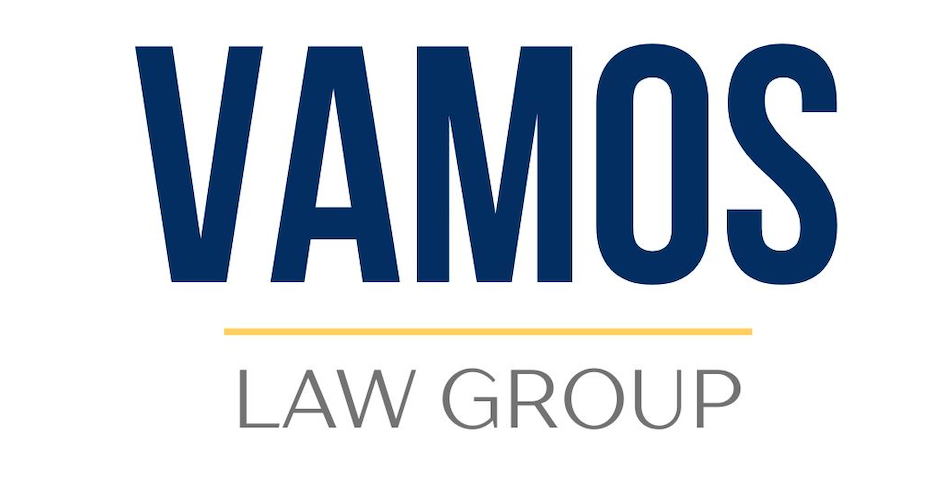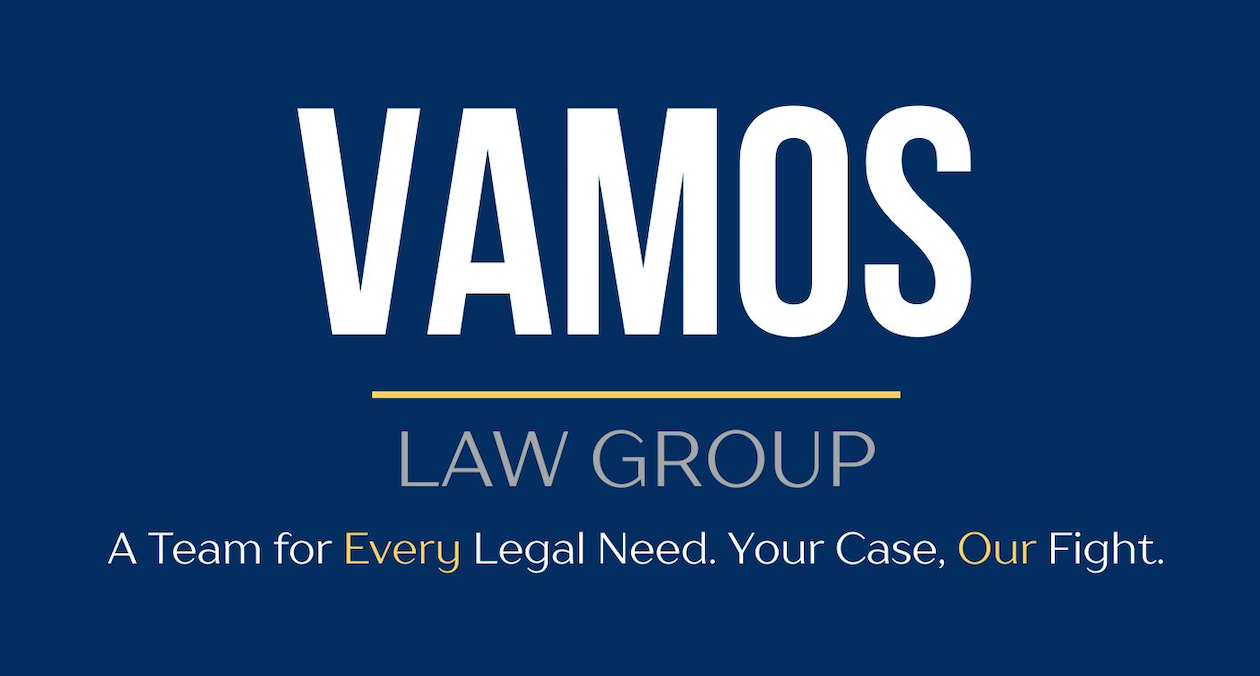Understanding the Public Charge Rule: What Immigrants Need to Know
Jul 17 2025 13:51
Understanding the Public Charge Rule: What Immigrants Need to Know
The Public Charge Rule has been a source of confusion and concern for many immi-grants navigating the U.S. immigration process. As we move through 2025, understand-ing how this rule works and how it can impact your case is essential to avoiding delays or denials in your immigration application.
What Is the Public Charge Rule?
The Public Charge Rule is a policy that allows U.S. immigration officials to deny a visa or green card if they believe an applicant is likely to become dependent on government assistance. The idea is to ensure that individuals entering the country can financially support themselves without relying on public benefits.
However, this rule has gone through several changes over the years, leading to confu-sion among applicants. The Public Charge Rule 2025 focuses primarily on whether an individual is likely to rely on long-term cash assistance or government-funded institu-tional care. Non-cash benefits like Medicaid for emergencies or SNAP benefits (food stamps) for short-term use typically do not count against you, but it’s important to stay updated, as guidelines can vary.
Who Does It Affect?
Not all immigrants are subject to the Public Charge Rule. Generally, it applies to those seeking green cards through family-based petitions or adjustment of status. It does not apply to:
- Refugees and asylees
- U.S. citizens’ immediate relatives in certain cases
- Special immigrant juveniles
- Victims applying for U visas, T visas, or VAWA protections
Knowing where you fall in these categories is the first step toward planning a strong ap-plication.
How Is Public Charge Determined?
When reviewing your case, immigration officials consider factors such as:
- Income and financial resources
- Employment history and prospects
- Health conditions
- Education and skills
- Use of certain government benefits
It’s a “totality of circumstances” review, meaning no single factor automatically disqualifies you. Instead, the government looks at your ability to maintain financial independ-ence long-term.
Immigration Application Tips for Success
If you’re applying for a visa or green card and worried about the Public Charge Rule, here’s what you can do:
- Show Proof of Income and Assets: Bank statements, employment letters, or affidavits of support from sponsors can strengthen your case.
- Avoid Unnecessary Benefit Use: If possible, limit reliance on government pro-grams during your application period.
- Prepare a Strong Affidavit of Support: A qualified sponsor with sufficient in-come can make a big difference.
- Document Your Skills and Education: Providing evidence of employability can show long-term financial stability.
• Work with an Immigration Attorney: The rules are complex, and professional guidance can help you avoid costly mistakes.
The Public Charge Rule 2025 continues to shape how green card and visa applications are evaluated. Understanding what the rule covers and what it doesn’t can help you navigate the process confidently. With careful planning and the right immigration appli-cation tips, you can minimize risks and position your case for success.
Need personalized guidance? Vamos Law Firm is here to help you through every step of your immigration journey. Contact us today to schedule a consultation.
The post Understanding the Public Charge Rule: What Immigrants Need to Know appeared first on Vamos Law Firm.


